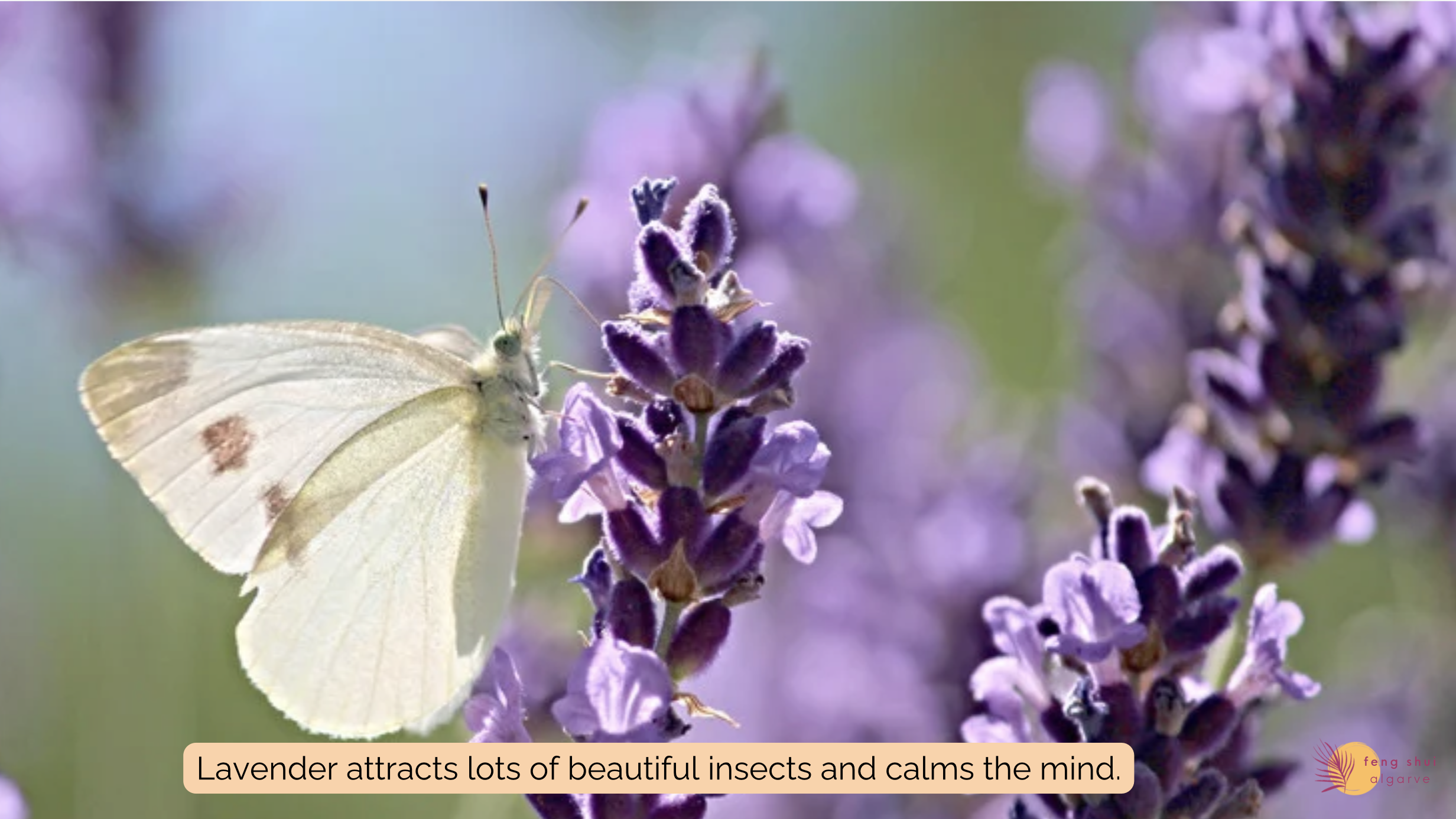5 Lucky Feng Shui Plants for the Mediterranean Climate
As a Feng Shui consultant based in the Algarve, I’m often asked about how to create harmonious spaces that align with nature’s energy, particularly through the use of plants.
In Feng Shui, plants represent life force, growth, and connection to the earth, making them essential tools for balancing and enhancing the energy flow, or “Chi,” in your home and garden.
But what if you live in a Mediterranean climate? The good news is that you can still integrate plants that not only thrive in warm, sunny conditions but also bring positive Feng Shui energy into your space. Here are five plants that are considered lucky in Feng Shui and perfectly suited for Mediterranean environments.
Olive Tree (Olea europaea)
The olive tree is a symbol of peace, prosperity, and longevity. In Feng Shui, it’s particularly powerful for promoting harmony and stability in relationships, as well as encouraging wealth and success. Olive trees are hardy and drought-resistant, making them ideal for Mediterranean climates. Their gnarled, ancient appearance adds a sense of timelessness and resilience to any garden or courtyard.
Feng Shui Tip: Place an olive tree in the southeast corner of your garden, the area associated with wealth and abundance, to attract prosperity and financial success.
Lavender (Lavandula angustifolia)
Lavender is not only beloved for its soothing fragrance, but it also holds strong Feng Shui symbolism. It’s a plant that calms the mind and promotes peace and serenity—qualities that are essential for creating a balanced home. Lavender also attracts helpful people and luck into your life, making it perfect for areas in your Bagua map associated with helpful people and travel (northwest).
Lavender thrives in Mediterranean regions, needing full sun and well-drained soil, and its soft purple hue corresponds to the Fire element in Feng Shui, which brings passion and dynamic energy.
Feng Shui Tip: Plant lavender near the front entrance of your home or in your bedroom garden to encourage calm and harmonious energy.
Rosemary (Rosmarinus officinalis)
Rosemary is not only a culinary favorite but also a powerful Feng Shui plant. It promotes good health, vitality, and purification, and can be used to ward off negative energies. Its robust nature and aromatic scent have made it a symbol of remembrance and protection. In the Mediterranean, rosemary grows easily and is perfect for sunny gardens or even pots on your balcony.
Feng Shui Tip: Place rosemary in the east sector of your garden to enhance health and family relations. The east is associated with the Wood element, which supports growth and vitality.
Citrus Trees (Citrus)
Citrus trees, such as lemon, orange, and mandarin, are considered particularly auspicious in Feng Shui, symbolizing abundance, wealth, and prosperity. The bright, vibrant fruits represent positive energy and are thought to attract good fortune. It is a good idea to bring in lemons in a bowl into your kitchen to enhance positive energy. In Mediterranean climates, citrus trees flourish, providing both beauty and sustenance.
Feng Shui Tip: Plant citrus trees in the southeast area of your garden to boost wealth energy, or place a small citrus tree in a pot near your front door to invite prosperity into your home.
Aloe Vera (Aloe vera)
Aloe Vera is widely recognized for its healing properties, making it an ideal Feng Shui plant for promoting health and well-being. In addition to its medicinal uses, Aloe Vera is known to absorb negative energy and purify the air, bringing clarity and freshness into your space. Aloe thrives in Mediterranean climates, requiring minimal water and full sunlight, which makes it perfect for busy people who may not have the time for high-maintenance plants.
Feng Shui Tip: Position Aloe Vera in the health area of your home or garden, which corresponds to the center of your Bagua map, to promote healing and vitality.
How to Incorporate These Plants into Your Feng Shui Garden
Each of these plants offers unique Feng Shui benefits that can enhance various areas of your life. To get the most out of their positive energy, I recommend planting them in locations that correspond with the Bagua zones of your garden.
For example:
Southeast (Wealth): Olive trees, citrus trees.
East (Health & Family): Rosemary.
Northwest (Helpful People & Travel): Lavender.
Center (Health): Aloe Vera.
When planting, make sure to consider the elements associated with each Bagua zone and balance them with complementary materials, such as wooden planters, stones, or water features, to harmonize the space.
Curious to learn more about how to align your home with Feng Shui principles? Book a free consultation call and discover how your space can support you in feeling at home, wherever you are.








